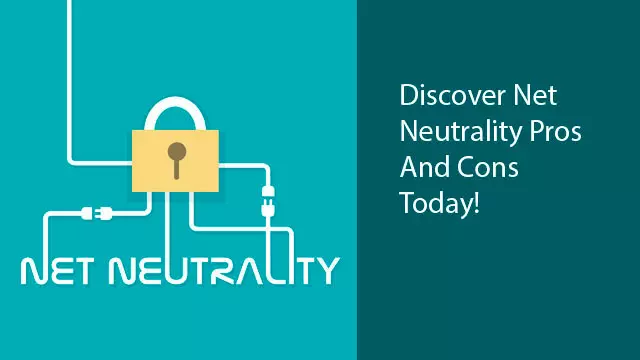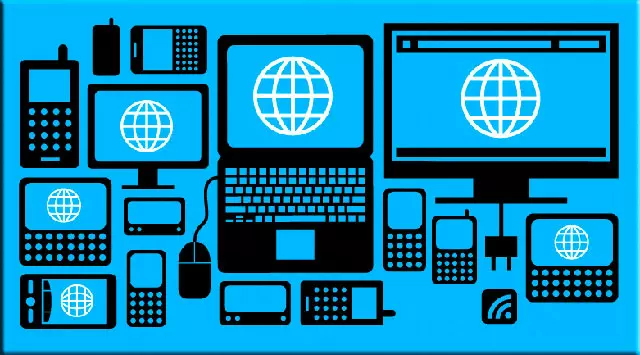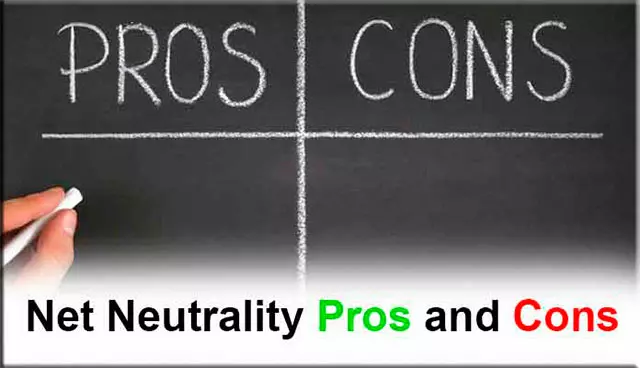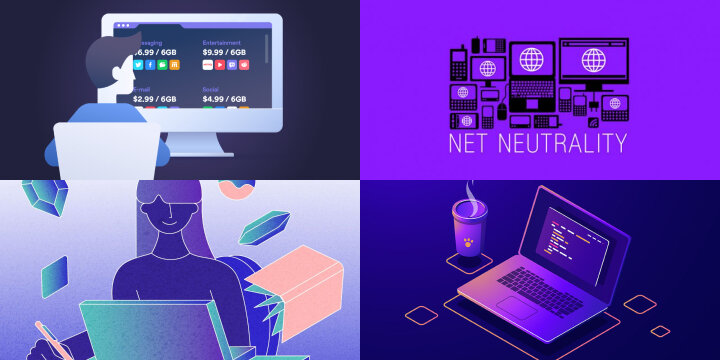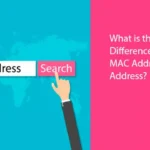The question that sparked the debate still holds true to this day, who exactly should be in control of the information that is circulated on the World Wide Web. Many things come to mind when discussing net neutrality from voters in Brexit being manipulated through sophisticated technology such as artificial intelligence to the fact that we are now bombarded with advertisements tailored to our every move.
If the activity of individuals online can be used to build extremely comprehensive outlines of them, just how much distance can one put between the internet and the wheels of democratic process?
Net Neutrality: Do We Need It?
Net neutrality in the US is especially provocative after President Trump appointed a new Chairman to the Federal Communications Commission (FCC). The new Chairman, Ajit Pai, acted to revoke much of the legislation put in place by former US president Obama. In essence, Internet Service Providers or ISP’s would have the power to determine what websites load quickly and which ones make dial-up Internet look like a Ferrari.
The main issue with this is that ISP’s would most likely choose to promote websites that are either in line with their world vision or businesses that have given them some form of monetary kickback. This then leads to net neutrality small business fears, where pages owned by smaller companies or start-ups may almost never be viewed since they can’t really offer anything to ISP’s.
Why Is Net Neutrality Important And The Pros Of The Movement?
The pros of net neutrality are diverse, one key positive aspect within the net neutrality camp is that by ensuring that no businesses or types of web services are favored, all new start ups can begin on the same pace of footing. What this effectively ensures that major ISP providers, such as Comcast in the US, would not be able to prevent individuals from accessing particular websites, or switch up the way an individual’s data is transmitted over the Internet.
One particularly intrinsic pro to the defenders of net neutrality is that it enshrines the right of freedom of each person’s voice on the Internet. Henceforth, so long as the content is not in violation of any laws, the content must be permitted to exist thanks to net neutrality. There is also the argument that net neutrality would allow for the hunting of illicit material on the web to become more efficient. A further supportive argument is that there is the potential for provision of internet services to be seen as crucial an offering as electricity, which means that ISP’s could transition to agents of public service.
What Are The Cons Of Net Neutrality?
There are several cons of net neutrality and quite a few of them have links to the vast costs generated within the effective supply of internet services to the masses. One of the main cons is that the sheer volume of data being used today is stupendous and there is very little compensation with regards to the ISPs, for example streaming services take up a huge chunk of data, which is conducted freely on the ISPs infrastructure. Another pressing point is that persons or companies who use far more bandwidth than others would be required to pay more if net neutrality were to be revoked, thus ensuring that their would always be additional funds for maintenance and other essential tasks.
One of the main cons is that ISPs may choose to ensure the services that they own, such as a streaming service, would be much faster than any other streaming service on the market, thus manipulating consumer choices.
This is extremely problematic as many social groups across the United States may find themselves alienated by this decision.
In fact, there are some political commentators who have postulated that a lack of net neutrality could in fact harm those at the lowest echelons of society the most. The theory is that if ISP’s could offer any price for the provision of their services, they will in fact be able to distinguish which types of content are most desirable to those paying the highest fees and then maximize the bandwidth to those sites. Furthermore, small businesses may be harmed as on average businesses take up a lot more data than the typical person and therefore, they may be charged much more from ISPs.
What Does Losing Net Neutrality Mean?
The fact of the matter is that the FCC voted to rescind the net neutrality legislation previously place, while this will take a matter of weeks to go into full effect, there is already some push back. One such example is of Bernie Sanders net neutrality campaign, where he stated that the re-enactment of the net neutrality laws would be a crucial part of his strategy should he be elected into office. Furthermore, a number of the Democratic states attorney generals have banded together saying that they wanted to work together to prevent net neutrality being removed.
Some of the things that have already been predicted is that many American citizens will now begin experiencing changes such as a decline in the speed of web pages loading or perhaps your favorite Netflix show will now become interrupted with a buffering sign every now then? Other things to anticipate include potential caps on bandwidth usage and possible inactivity on certain web services.
Net Neutrality Worldwide: A Global Perspective on Internet Freedom
Net neutrality, the principle that all internet traffic should be treated equally by internet service providers (ISPs), is a fundamental concept for maintaining an open and free internet. While the net neutrality debate has primarily been associated with the United States, it’s a global issue that affects people around the world. Here’s a global perspective on net neutrality and its importance:
- Diverse Regulatory Approaches: Different countries have adopted varied regulatory approaches to net neutrality. Some nations have stringent laws in place to protect it, while others have taken a more relaxed stance, which can impact internet users’ access and experience.
- Impact on Innovation: Net neutrality fosters innovation by ensuring a level playing field for online startups and established companies. A lack of net neutrality can stifle competition and limit users’ choices.
- Access to Information: In regions where net neutrality isn’t upheld, ISPs may have the power to block or throttle access to certain websites or services, limiting people’s access to information and knowledge.
- Freedom of Expression: A free and open internet is crucial for the freedom of expression. Net neutrality prevents ISPs from blocking or censoring content, ensuring that diverse voices and opinions can be heard.
- Economic Implications: The absence of net neutrality can have economic repercussions, as businesses may need to pay additional fees to ensure their content reaches users effectively. This can create an uneven economic landscape.
- Global Connectivity: The internet has become a global network, and the principles of net neutrality can impact how nations interact with one another online. Ensuring a fair, open internet is essential for diplomacy, trade, and international relations.
- Challenges and Controversies: Globally, net neutrality has faced challenges and controversies, and some countries have attempted to roll back regulations. Advocacy and public awareness play a significant role in upholding net neutrality standards.
- The Role of International Organizations: Bodies like the United Nations and the World Wide Web Consortium have been involved in discussions about preserving net neutrality on a global scale.
A free and open internet is integral to modern society, connecting people, fostering innovation, and safeguarding democratic principles. As the net neutrality debate continues to unfold on a global stage, it remains a pivotal issue for internet users worldwide, impacting how information, communication, and innovation are regulated and accessed.
Conclusion
Now that you have dissected the net neutrality pros and cons it is clear that the debate has been raging on due to its multifaceted layers of arguments both for and against. However, the fact remains that the loss of net neutrality is a major change within the lifestyle of many Americans; it may result in the people most in need of Internet services being denied access as they are priced out of the market.
Frequently Asked Questions On Net Neutrality
1. What are the disadvantages of net neutrality?
The cons of net neutrality are multi-faceted, the main ones include ISPs determining what streaming services or other content deserves more bandwidth and through that undercut your experience on other sites. In addition, it is much harder to regulate content without an ISP, therefore, by repealing the law it is possible that internet users may engage with content on a dog catching frisbee and the victimization of children within the same sitting.
2. Which countries have net neutrality?
Some countries include members of the European Union, Canada, Israel, Japan, Singapore, South Korea, South Africa, the United Kingdom and Argentina.
3. How will net neutrality affect gaming?
The loss of net neutrality means that gamers may be charged much higher fees for their internet usage, in light of this the ESA (Entertainment Software Association) has stated that this motion could inhibit the growth of online gaming in the United States.
4. How to call congress about net neutrality?
When you have contacted Congress, request to speak to a legislative aide who is known to deal with either Internet or online communications legislation. Make sure that you are fully aware of all the facts, keep in mind that these people deal with a multitude of phone calls every day, therefore keep your message succinct and to the point. Always make sure to call the representatives in your own district first.
